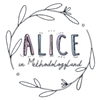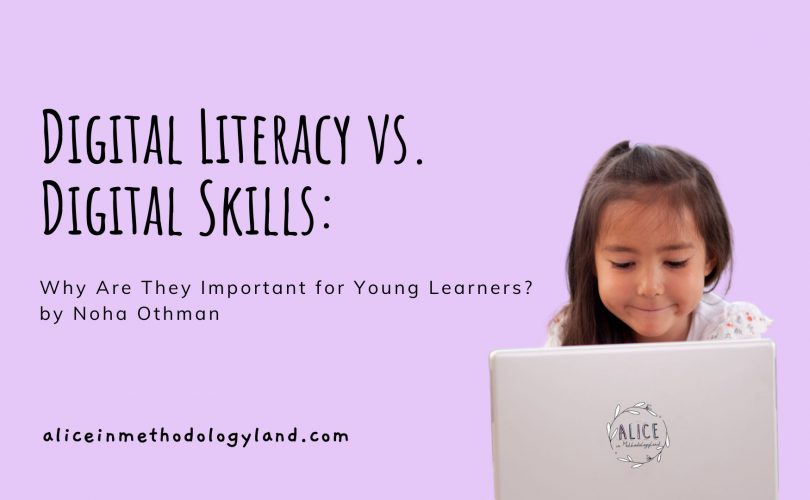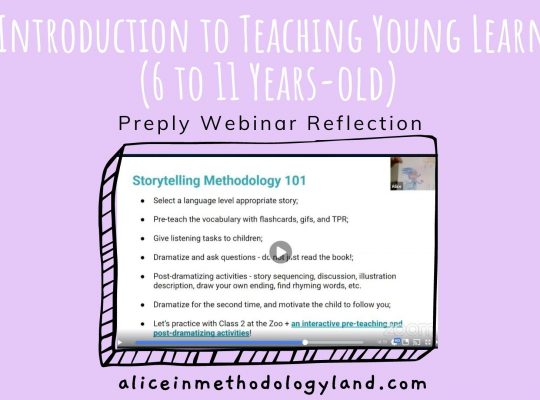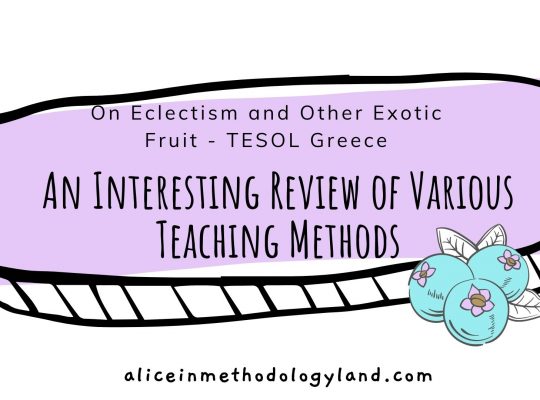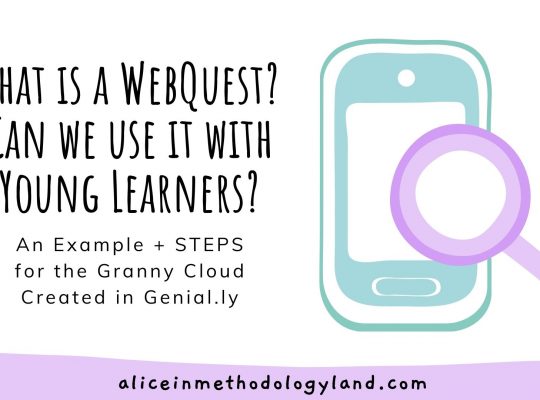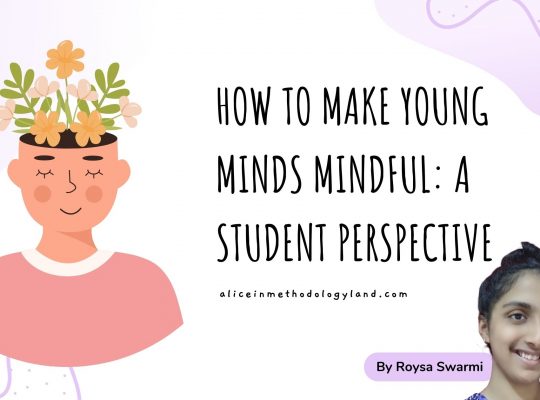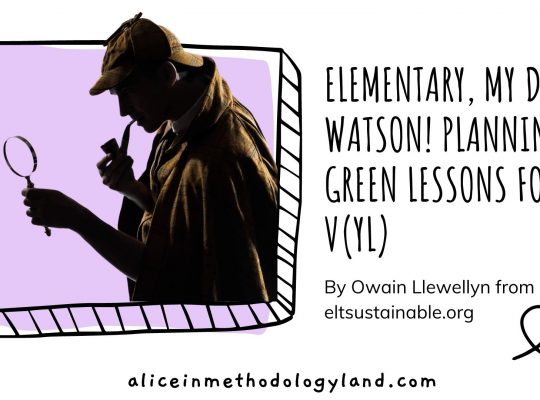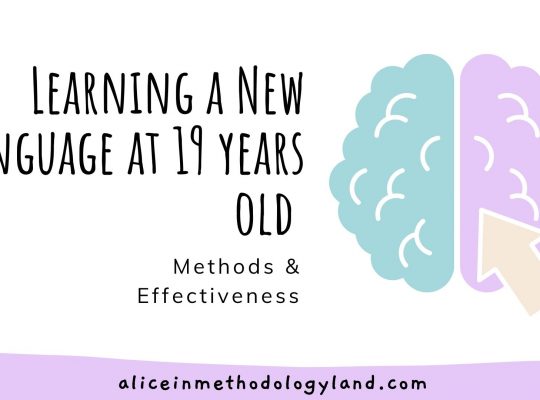Hello, our dear colleagues! This time we are going back to basics! Our next writer is Noha Othman, and she’ll share her thoughts and experience on digital literacy and digital skills. We’re often entangled in many learning apps, LMSs, and distance and blended learning teaching methods, and it’s easy to overlook some fundamental ideas. Does using EdTech apps helps our students become more digitally literate, or is there something we must do as educators besides just introducing digital tools in the classroom? Let’s find out!
Without further ado, here’s what Noha had to say about this topic!
Digital Literacy vs. Digital Skills: Why Are They Important for Young Learners? by Noha Othman
Due to the continuous evolution of technology, many changes have occurred in our society, such as how people interact, communicate and work. It also changed how children learn. This has caused teachers to alter their instructional practices to adapt to this digital transformation and take digital literacy into account more seriously.
Digital literacy and its importance
Understanding digital literacy varies around the globe as the surrounding people, practices, places, and cultures influence it. From my perspective, digital literacy is not only about technical proficiency and skills in using technologies but also learning how to use technology responsibly and safely. Despite that, I teach lower levels but feel responsible for sharing with my students how important it is to be responsible when using technology. I believe that technology is a powerful tool. However, without proper knowledge, it can be dangerous for children.
Digital literacy is not only about technical proficiency and skills in using technologies but also learning how to use technology responsibly and safely.
I often encourage my students to use technology, but I always discuss how risky it is to place their information online. Children must become digitally literate from a young age to understand how to access online information and learn social responsibility when using social networks. Digital literacy decreases students’ knowledge of the most common security threats, such as scamming, cyberbullying, and hacking.
They should also understand the different risks they might encounter using social media and the necessary precautions to avoid them. This requires teachers to guide their students and determine effective practices to foster the necessary skills in the digital world. These skills help students analyze, judge, and evaluate the information they may obtain from the internet.
How to recognize the difference between digital literacy and digital skills?
For teachers to be able to teach digital literacy effectively, they should recognize the difference between digital literacy and digital skills. Many teachers focus on skills rather than literacy without realizing how these terms differ. Digital literacy focuses more on understanding, while digital skills focus on knowing.
Digital literacy focuses more on understanding, while digital skills focus on knowing.
For example, digital teaching skills include exploring different applications, downloading images, and using different methodologies to use these applications and images. On the other hand, digital literacy includes helping students understand why and when to use this application and helping students choose appropriate content. Also, it helps students learn about copyright and the importance of asking for permission before using any online content. More proficiency in digital literacy means more skills that will enable children to acquire critical judgment to locate reliable and credible information.
The eight elements of digital literacy, according to Doug Belshaw
When I teach digital literacy to my students, I illustrate examples from the real world to make them understand in a way that makes sense to them. I always remind them that the digital world is very similar to the real world, and it is risky to interact with strangers either here or there. Being digitally literate is also essential to help children prepare for the professional world, as they will interact with people from all over the world in digital environments.
Furthermore, for teachers to effectively teach digital literacy, they must understand the eight elements of digital literacy that Doug Belshaw stated. Here is a short description of some of the important aspects.
- Cognitive: facilities the use of technology tools, software, and platforms.
- Construction: requires remixing and reusing existing resources depending on the need
- Cultural: requires applying technology in various contexts.
- Communicative: awareness of communication devices
- Confidence: creating an environment for self-learning, practicing skills, and gaining competence with digital technology. This last element is essential, and building it takes more time than the others. However, teachers must keep in mind that these practices are continuously changing due to the continuous evolution of technology.
Digital literacy and education
Digital literacy is an important component in education today as it aids in accelerating knowledge acquisition. Knowing various digital skills enables children to learn more innovatively and develop proficiency in various academic areas. Because of that, digital literacy turns students into fast learners and enables them to thrive in this digital world.
To conclude
What do you think about Noha’s perspective on digital literacy? Have you explored the difference between digital skills and digital literacy? If you have anything to add or comment, contact us via the contact page, or write in the comments below.
Noha Othman received her Bachelor’s degree in computer science from Taiz university in 2006. Currently, she is pursuing a Master’s Degree in International and Comparative Education, focusing on teaching and learning at the American University in Cairo in 2021. Noha is an aspiring writer in the field of education. Connect with Noha on Linkedin!
